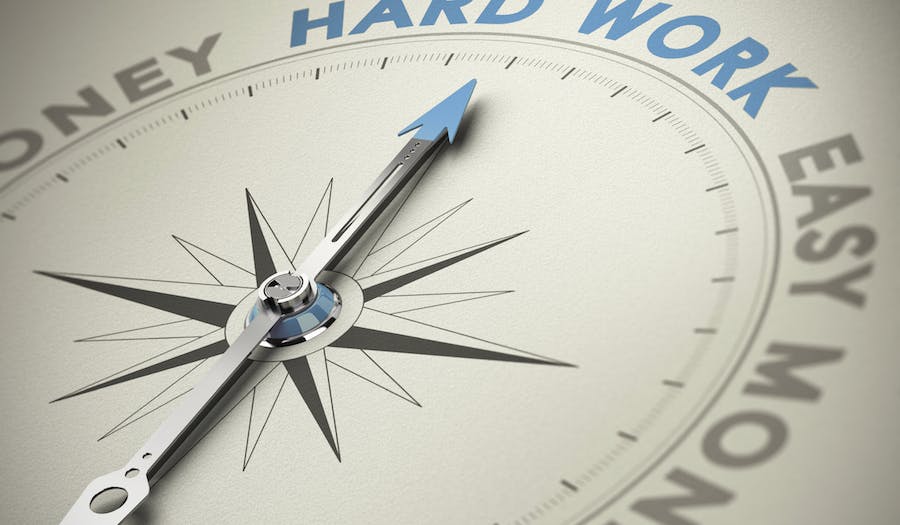Leaders make decisions that impact the wellbeing of countries, companies and communities. It is better for all when those decisions are oriented toward what is right and proper, not what is merely permissible. This is where a moral compass comes in.
You may recall the story of Bernie Madoff, who defrauded clients of millions of dollars. Did he know he was doing the wrong thing? Although this may seem like an unusual question, some people don’t know they are breaking the law, let alone acting in ways that many consider improper. Such people have a broken moral compass, and are unable to easily distinguish right from wrong.
I spent many hours at sea taking bearings with a compass as we threaded our way through reefs and shoals, along ragged coasts and rocky shores. After long stretches of open ocean it was always a thrill to make landfall, and take a compass bearing on a solid object. A compass is perhaps the single most important piece of equipment on the ship as it tells you whether you are on a course that avoids danger and toward your ultimate destination.
You face similar hazards in life. Some obvious, some hidden, but all of which require a compass to navigate safely — and in this case it is your moral compass. Just as the ship’s compass guided me home, your moral compass can help you remain oriented toward ‘true north’, toward what is truly right rather than what appears to be just ok. In the fog of contemporary life it is crucial to have some sort of device to guide your thinking and acting.
You follow your moral compass when you make wise choices that help you navigate the uncertainty, ambiguity and complexity of daily leadership. Your moral compass provides a sound guide in a world that lacks guides. It gives you the footing for a good life, for a full and flourishing life. How do ‘construct’ a moral compass?
Be careful about your environment
Just as the metal in a ship can cause the compass to deviate, the environment in which you operate can cause your compass to stray off course. This is similar to the old adage of ‘choose your friends wisely.’ It also extends to your workplace. I have interviewed (and observed) many people who were slowly corrupted by their working environment. The Wolf of Wall Street captured this concept in stark detail, where a culture of greed and excess was a driving force that excused all kinds of behaviour.
Have a moral framework
One easy place to start is with the idea of what the ancient Greeks called the good life, or what we might call human flourishing. They held that the key to this was a life of virtue — developing a set of good habits such as courage, justice, practical wisdom and self-control. A sound moral compass arises from your character and is shown in your decisions and actions.
Commit to a practice of daily reflection
Start each day considering what lies ahead and the people and situations you will encounter. Decide in advance the qualities and virtues you want to display. For example, do you want to be greedy or generous, courageous or weak, selfish or a servant? At the end of the day cast your mind back and ask how you went. In this moment your conscience will gently prompt you about one or two areas where you may act differently tomorrow, and help you recalibrate your moral compass toward true north.
The scandals which seem to plague business government and society often — if not always — arise because someone’s moral compass failed. Breakthroughs in humanity, in the way we build a better business, government and society, arise when someone with a strong moral compass stays true to themselves in the face of adversity. Before you set out today, perhaps check in with your compass. Check your bearings. When you exercise leadership, are you guided by the compass? Are you the person people want to follow because they trust you to do what is right?
About the author:
Anthony Howard is an executive mentor and founder of The Confidere Group. Known as the ‘CEO Whisperer’, Anthony has written and spoken extensively on Human-Centred Leadership and has recently released a book on the topic, Humanise: Why Human-Centred Leadership is the key to the 21st Century. For more information visit www.humancentredleadership.com or email [email protected]

